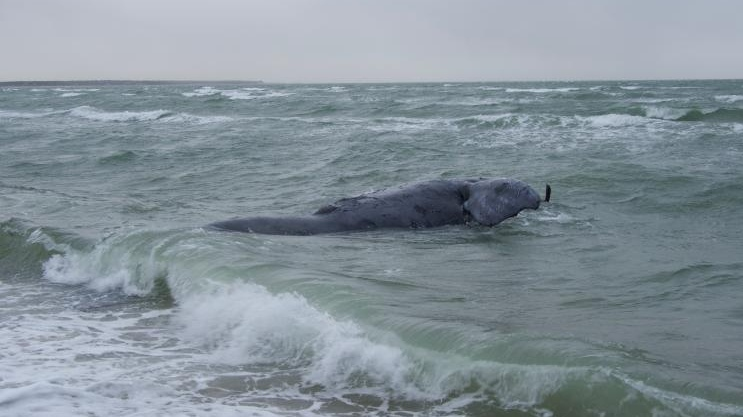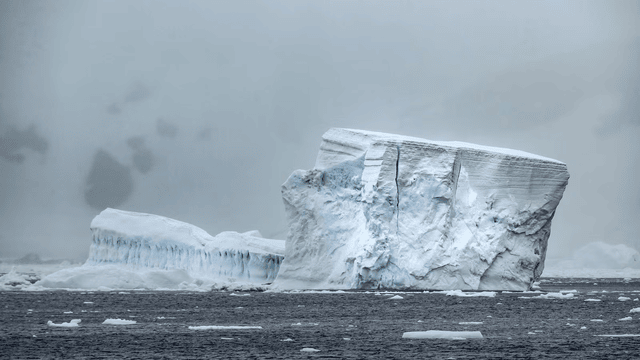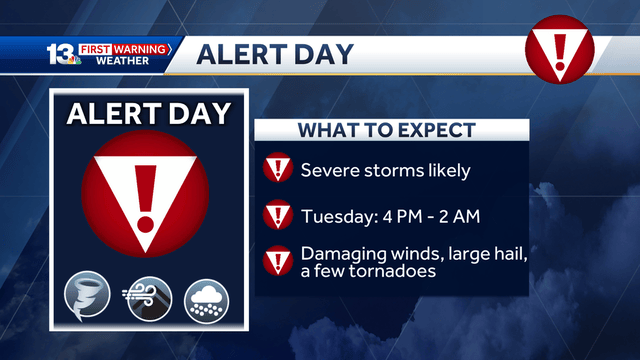
A photograph captures the carcass of a North Atlantic right whale found near Joseph Sylvia State Beach in Massachusetts. The image is sourced from the Woods Hole Oceanographic Institute, courtesy of Michael Moore via NOAA Fisheries.
In a tragic incident reported on Sunday afternoon, a North Atlantic right whale was discovered lifeless near Joseph Sylvia State Beach on Martha's Vineyard, Massachusetts. The U.S. National Marine Fisheries Service, also known as NOAA Fisheries, identified the deceased marine mammal as an unidentified, presumably juvenile, female.
According to information posted on the NOAA Fisheries website, an entangled rope was discovered near the tail of the whale. To ascertain the precise cause of death, a necropsy, akin to an autopsy for animals, will be conducted. The North Atlantic right whale, categorized as critically endangered, has a meagre population estimated at 356 individuals.
NOAA Fisheries has raised concerns over the dwindling number of reproductively active females, indicating fewer than 70 remaining. The primary threats to the survival of this species are identified as entanglement in fishing gear and collisions with vessels.
Oceana, an international conservation group, disclosed distressing statistics, noting that since 2017, a total of at least 55 North Atlantic right whales have suffered fatal injuries or serious harm due to ship strikes and entanglements. The recent demise of the unidentified female right whale prompted Gib Brogan, Oceana U.S.’s campaign director, to express profound sorrow, emphasizing the potential for the deceased calf to contribute significantly to the species' future.
Brogan stated, "This death is even more troubling when it is a female calf that could have gone on to have many calves of her own for decades to come. The recovery of North Atlantic right whales cannot take any more setbacks." He further urged for a reevaluation of the current approach, emphasizing the need for decisive action by U.S. and Canadian authorities to prevent fishing practices and maritime activities from posing further threats to the dwindling whale population.
The distressing news follows a recent incident involving another North Atlantic right whale, a calf, found injured off Edisto, South Carolina. Videos circulating on social media depicted propeller wounds on its head, mouth, and left lip, indicative of a vessel strike, as confirmed by NOAA Fisheries. Kim Elmslie, campaign director at Oceana in Canada, stressed the urgency of robust and obligatory measures to shield these whales from entanglements and ship strikes.
In light of these developments, Oceana is advocating for mandatory vessel slowdowns along the migration routes of right whales and the adoption of ropeless and on-demand fishing gear. The organization emphasizes the critical importance of immediate and sustained efforts to preserve this already fragile population of North Atlantic right whales.















